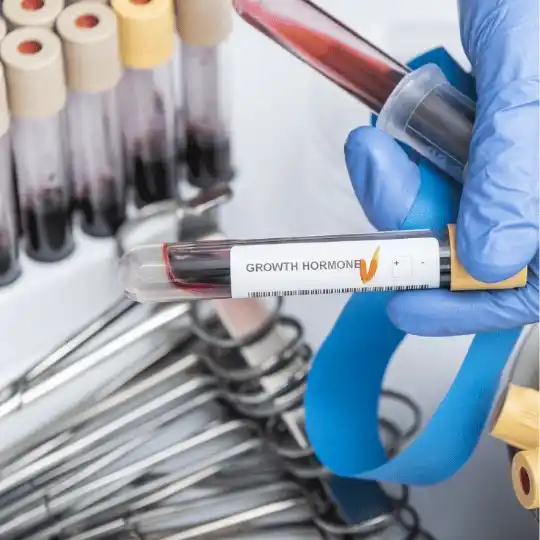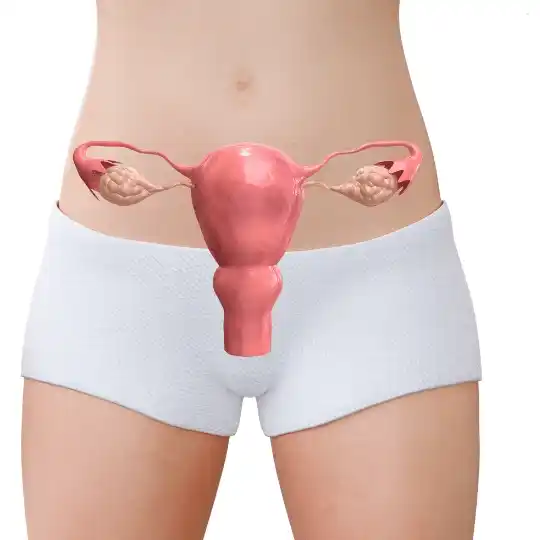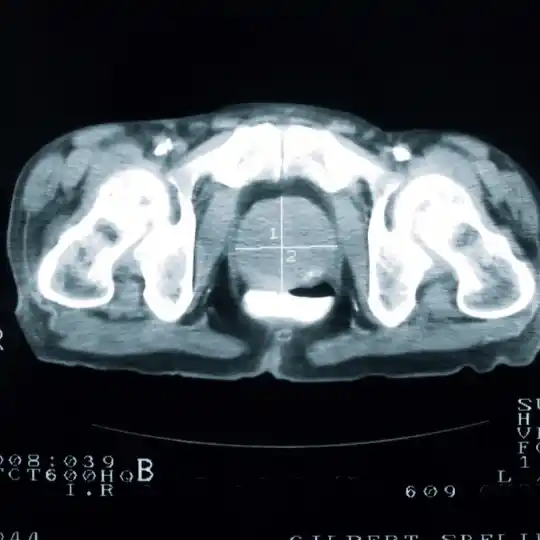Receive Comprehensive fertility services at Gulmohar IVF, Making parenthood dream a reality.
info@gulmoharivf.com
289, Sector 7, Near Geeta Chowk, Panchkula, HR (India)
+91 9780 355 355






